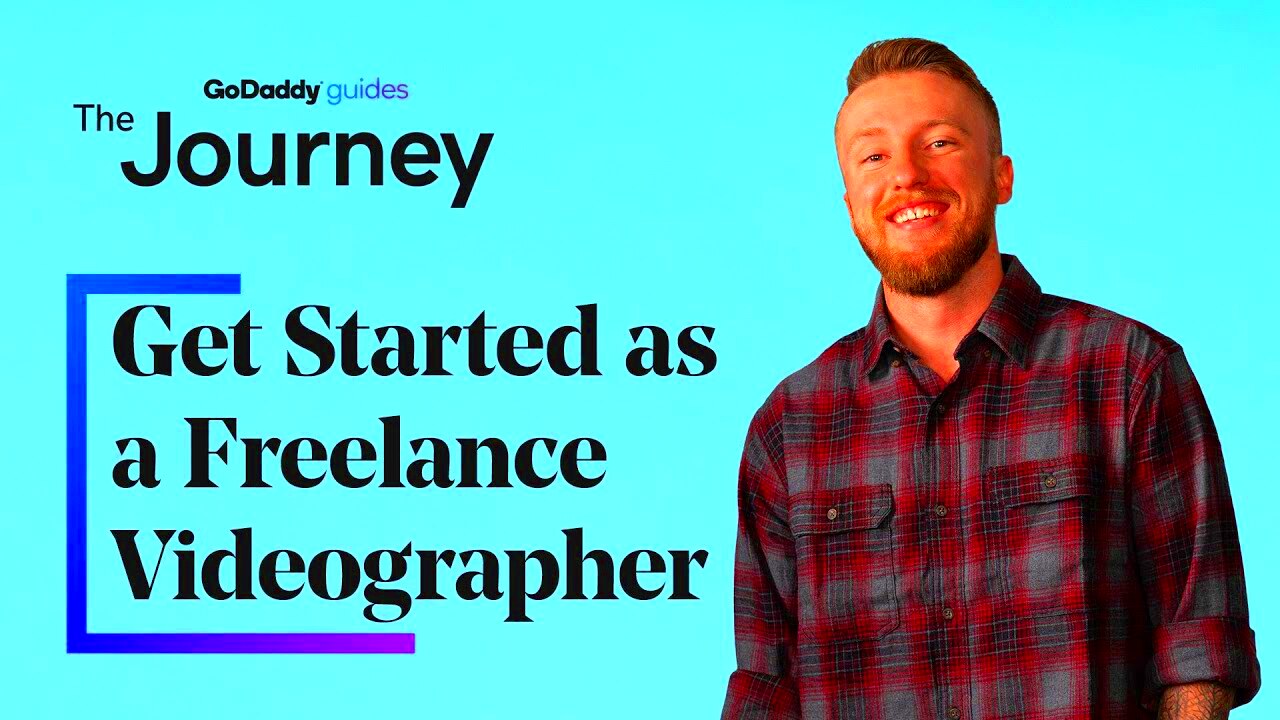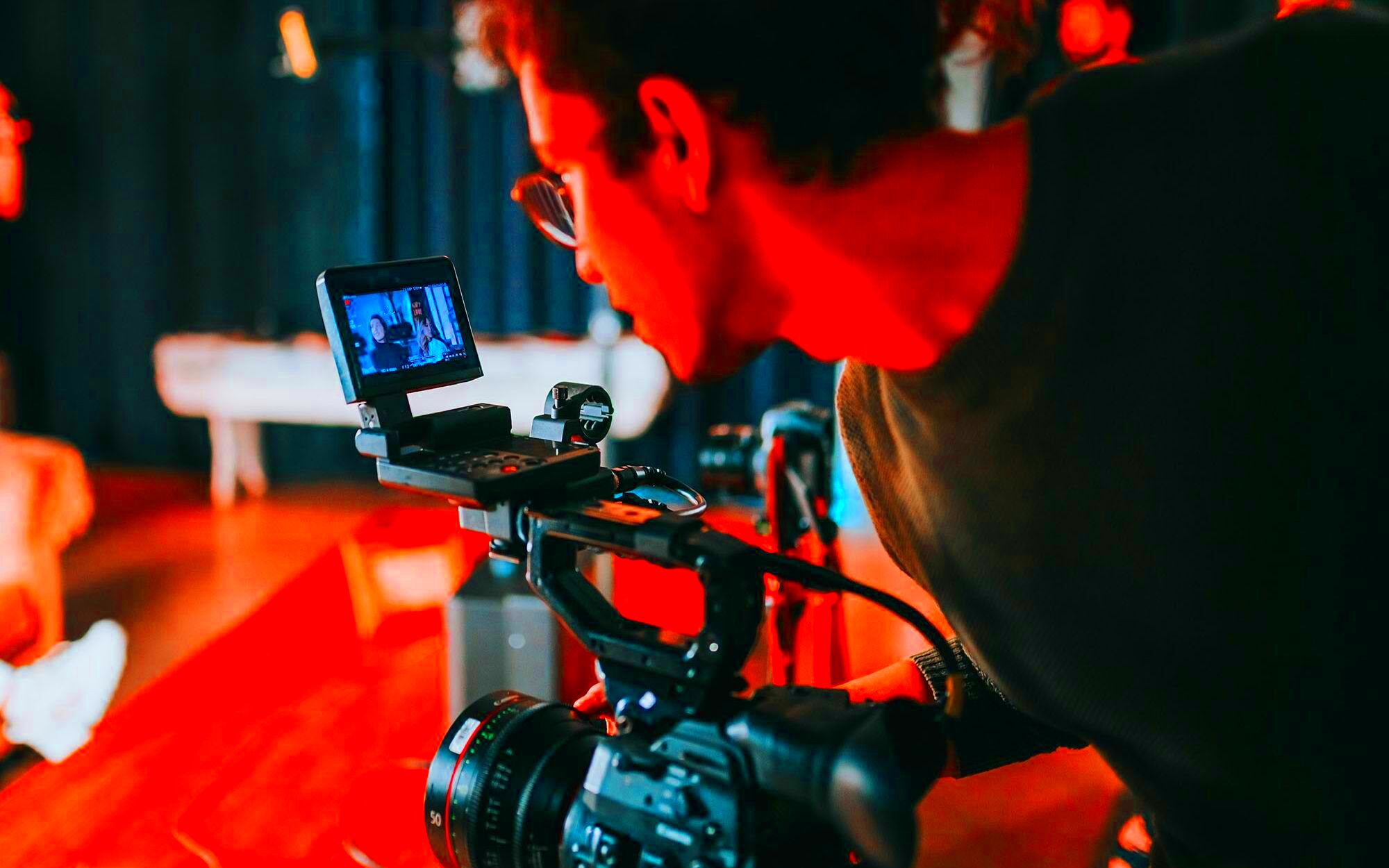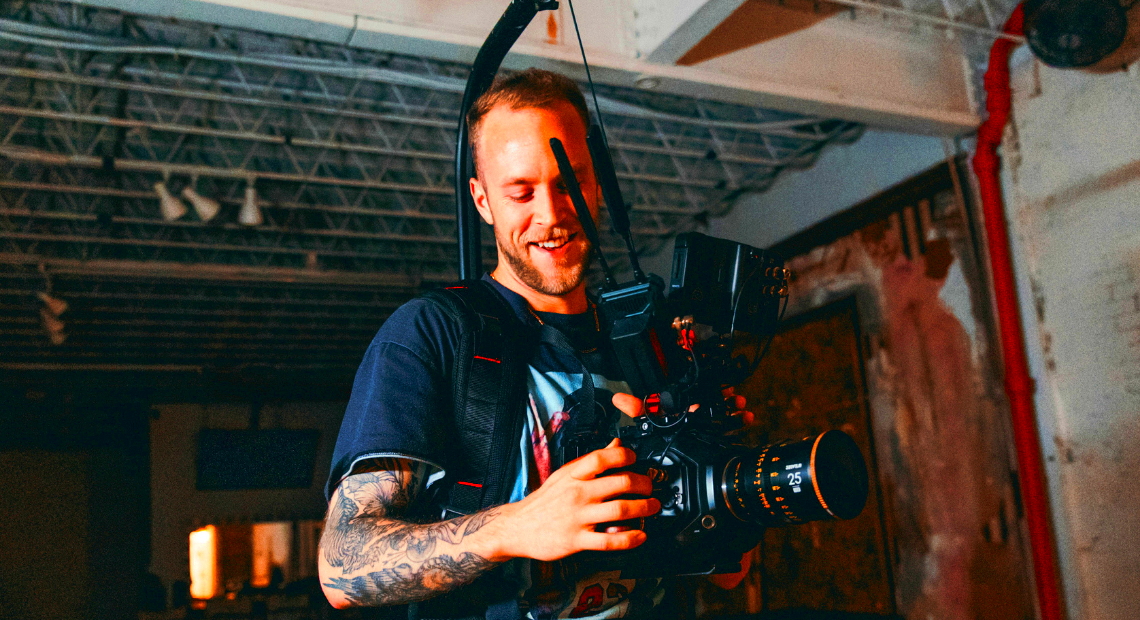As a freelance videographer, you are a storyteller through the lens of your video camera. From weddings and events to corporate videos and documentaries, you will be involved in different projects. Capturing footage is not all there is to your job; you have to grasp what it is that the client wants, and make it real for them. You need also good time management skills because sometimes you can work on several jobs at the same time.
As a freelance videographer, you will often be found in different roles or positions at the same time. Here are a few major obligations:
- Client Consultation: Discuss project details and understand client needs.
- Planning: Create a storyboard and outline the shoot schedule.
- Shooting: Capture high-quality video using various techniques.
- Editing: Edit footage to create a polished final product.
- Marketing: Promote your services to attract new clients.
Building Essential Skills for Videography

In order to flourish as an independent video maker, various talents should be acquired. Whereas originality counts, it is also critical to have technical skills. Below are some fundamental abilities you need to improve on:
- Camera Operation: Learn how to use different types of cameras and lenses effectively.
- Lighting Techniques: Understand how to manipulate light to enhance your shots.
- Audio Recording: Capture clear sound to complement your visuals.
- Editing Software: Familiarize yourself with software like Adobe Premiere Pro or Final Cut Pro.
- Storytelling: Develop a knack for crafting compelling narratives.
You might want to think about doing some internet based classes or going to seminars in order to be better at it. Make sure you exercise oftentimes and feel free to request opinions regarding what you have done.
Also Read This: What to Do if You Need to Report Freelance Income Without a 1099
Choosing the Right Equipment for Your Work

The quality of your videos can change substantially depending on the type of equipment you are using. It is very important that as a freelance videographer, you invest in the right tools. Below is a summary of must-have tools:
| Equipment | Purpose | Suggestions |
|---|---|---|
| Camera | Captures high-quality video | DSLR or mirrorless cameras (e.g., Canon, Sony) |
| Lenses | Offers different perspectives | Wide-angle and telephoto lenses |
| Tripod | Stabilizes shots | Heavy-duty tripod with fluid head |
| Microphone | Improves audio quality | Lavalier or shotgun microphones |
| Lighting Kit | Enhances visibility and aesthetics | Softbox or LED lights |
It is important to invest in quality equipment; however, keep in mind to select your tools according to what works for you and within your financial means. In time, as you become more experienced, you may want to improve your tools based on what your project requires.
Also Read This: Is Placeit Against Fiverr Rules?
Creating a Strong Portfolio to Attract Clients

A freelance videographer’s calling card is a portfolio. It shows what you’ve done best and tells possible clients what you can do for them. A good portfolio is more than just a testament to your ability; it also reflects who you are in terms of style and imagination. Here are some suggestions for making an excellent portfolio:
- Choose Your Best Work: Select a diverse range of projects that showcase different styles and techniques.
- Keep It Concise: Aim for quality over quantity. A few outstanding pieces are better than a large collection of average work.
- Tell a Story: Arrange your portfolio to create a narrative that flows naturally from one piece to another.
- Include Client Testimonials: Positive feedback can add credibility and help potential clients feel more confident in your skills.
- Update Regularly: As you complete new projects, make sure to refresh your portfolio to keep it current.
In order to make it easier for your customers to see what you do, consider using sites like Vimeo or YouTube for video hosting and linking them on your site.
Also Read This: What Can I Sell on Fiverr Without Skills?
Finding Freelance Opportunities Online

The internet has numerous openings that can help you find freelance videography jobs despite feeling overwhelmed at times. Here are some really cool ideas for finding gigs:
- Freelance Platforms: Websites like Upwork, Fiverr, and Freelancer connect freelancers with clients looking for specific services.
- Social Media: Use platforms like Instagram and LinkedIn to showcase your work and network with potential clients.
- Job Boards: Websites like Indeed, Glassdoor, and SimplyHired often list freelance videography jobs.
- Networking: Attend local events, workshops, or online forums where you can meet potential clients or other creatives.
- Cold Outreach: Don’t hesitate to reach out to businesses or individuals who may need videography services. A personalized email can go a long way.
Never forget that determination is essential. You should continue distributing applications and expanding your connections if you want to make some headway in identifying any potential job openings.
Also Read This: Top 10 websites to earn money online
Setting Your Rates and Managing Your Finances
Setting rates for yourself as a free-lance videographer can be quite intricate, however; it’s crucial to ascertain that you are fairly remunerated for the work you do. Please find below a guideline which can assist you to come up with your specific pricing:
- Research Market Rates: Check what other videographers in your area are charging to get a sense of the market.
- Consider Your Experience: If you’re just starting, you may want to set lower rates to attract clients, but don’t undervalue your work.
- Factor in Expenses: Remember to include costs like equipment, software, travel, and marketing when calculating your rates.
- Offer Different Packages: Create packages for various budgets, such as basic, standard, and premium options, to cater to a wider range of clients.
Equally crucial is the management of finances. The following are suggestions for maintaining an individual’s fiscal conditions:
- Use Accounting Software: Tools like QuickBooks or FreshBooks can help you keep track of your income and expenses.
- Set Aside Taxes: Remember to save a portion of your earnings for taxes, as freelancers often have to pay them quarterly.
- Budget Wisely: Create a budget to manage your expenses and ensure you’re saving for future investments in your business.
Ensure that you get organized with your finances and gauge appropriately the rates to charge in order for you to achieve long term success as a freelance videographer.
Also Read This: How to Sell Coloring Pages on Etsy from Fiverr
Marketing Yourself Effectively
When it comes to marketing yourself as a freelance videographer, building your brand and attracting clients are absolutely essential necessities. In this shell-shocked industry where competition is harsh, it is important to have a significant edge over the rest. Below are steps to help you showcase your services properly:
- Create a Professional Website: A well-designed website acts as your online portfolio. Make sure to include your contact information, portfolio, services offered, and client testimonials.
- Leverage Social Media: Use platforms like Instagram, Facebook, and LinkedIn to showcase your work. Share behind-the-scenes content, tips, and completed projects to engage your audience.
- Networking: Attend industry events, workshops, or local meetups to connect with potential clients and fellow creatives. Don’t forget to carry business cards!
- Content Marketing: Consider starting a blog or YouTube channel where you can share tips, tutorials, and insights related to videography. This establishes you as an authority in your field.
- Offer Promotions: Special discounts for first-time clients or package deals can help entice new customers to try your services.
Key in marketing is consistency. Update your online presence regularly so that you can engage with the target audience and develop long-term trust and relationships.
Also Read This: Which Sentence Uses a Conjunction or Conjunctions Correctly: Fiverr Test
FAQ
Here are some commonly asked questions regarding freelancing videography.
- What skills do I need to become a freelance videographer? You should have a good understanding of camera operation, lighting, audio recording, and editing software.
- Do I need a degree in film or videography? While a degree can be helpful, many successful videographers are self-taught or have taken online courses.
- How do I find clients as a freelance videographer? Utilize freelance platforms, social media, and networking events to connect with potential clients.
- What should I charge for my services? Research market rates and consider your experience, expenses, and the scope of each project to determine your rates.
- How can I improve my videography skills? Practice regularly, take online courses, and seek feedback from peers to continuously enhance your skills.
Conclusion
A mix of imaginative inclination, commensurate technical abilities, and useful marketing tactics are necessary for one to be an accomplished self-governing visual storyteller. This will help you to identify your place in this engaging field with respect to knowing who you are, coming up with a good gallery and seeking out areas where freelance work is available. Above all else, make sure you have reasonable prices and plan your money management well so that it can be continued over time.
If you wish to be a successful freelance videographer, you need to have a firm determination, an attitude of always wanting to learn more and market yourself proactively. So take your camera, start shooting and allow your imagination run wild!




